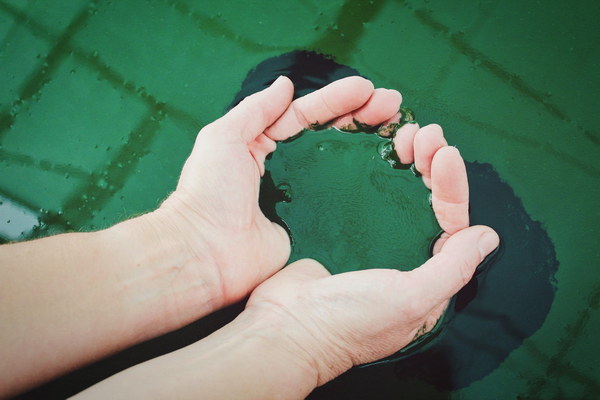Can Scalp Treatment Really Heal Your Scalp
Introduction:
The scalp, often overlooked, plays a vital role in maintaining our hair's health and appearance. Hair loss, dryness, and dandruff are just a few scalp-related issues that can significantly impact our confidence and overall well-being. Scalp treatment has gained popularity as a solution to these problems. But can scalp treatment really heal your scalp? Let's explore the benefits and effectiveness of scalp treatments in this article.

1. Understanding Scalp Treatment
Scalp treatment refers to a variety of methods used to improve scalp health and address specific scalp issues. These treatments can range from over-the-counter products to professional treatments offered by hair stylists or dermatologists. The goal of scalp treatment is to restore balance, nourish the scalp, and promote hair growth.
2. Benefits of Scalp Treatment
a. Improving Scalp Health: Scalp treatments can help restore the scalp's natural balance, reducing issues like dandruff, dryness, and flaking. By targeting the root cause of these problems, scalp treatments can provide long-lasting relief.
b. Hair Growth: Many scalp treatments contain ingredients that stimulate hair growth and improve circulation in the scalp. This can lead to thicker, healthier hair over time.
c. Enhancing Hair Texture: Scalp treatments can improve the texture of your hair by providing essential nutrients and moisture, making it softer and more manageable.
3. Can Scalp Treatment Heal Your Scalp?
The effectiveness of scalp treatment in healing the scalp depends on the severity of the issue and the type of treatment used. While scalp treatment can provide significant improvements in many cases, it is important to note the following:
a. Individual Differences: Scalp treatment may work wonders for some individuals, while others may not experience the same level of improvement. Factors like genetics, age, and the severity of the scalp issue can influence the effectiveness of scalp treatment.
b. Consistency: Achieving long-term results with scalp treatment requires consistency. Regular use of the treatment, as prescribed by a professional or as recommended by the product's instructions, is essential for optimal results.
c. Professional Advice: It is always advisable to consult with a dermatologist or hair stylist before starting any scalp treatment. They can provide personalized advice and recommend the most suitable treatment for your specific scalp issue.
4. Popular Scalp Treatments
a. Shampoos: Over-the-counter shampoos containing ingredients like ketoconazole, selenium sulfide, and zinc pyrithione can help treat dandruff and other scalp issues.
b. Serums and Oils: Scalp serums and oils, rich in essential oils and nutrients, can provide targeted treatment for specific scalp issues like dryness, itching, and hair loss.
c. Professional Treatments: Dermatologists and hair stylists offer a variety of professional treatments, including laser therapy, chemical peels, and microdermabrasion, which can address more severe scalp issues.
Conclusion:
While scalp treatment can provide significant improvements in many cases, its effectiveness varies from person to person. By understanding the benefits, individual differences, and the importance of consistency, you can make an informed decision about incorporating scalp treatment into your hair care routine. Remember to consult with a professional before starting any treatment to ensure it is suitable for your specific scalp needs. With the right approach, scalp treatment can help heal your scalp and improve the overall health of your hair.









